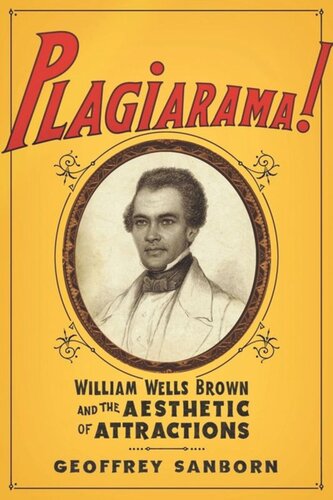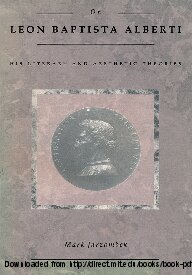In this study of William Wells Brown, the author of the first known novel by an African American and an extensive plagiarist, Geoffrey Sanborn offers a novel reading of Brown’s plagiarism. He argues that the act was a means of capitalizing on the energies of mass-cultural entertainments. Sanborn’s analysis of pastiche and plagiarism adds new depth to the study of nineteenth-century cultural history and African American literature, suggesting modes of African American writing that extend beyond narratives of necessity and purpose.
Offers a novel reading of the abolitionist writer’s plagiarism, arguing the act was a means of capitalizing on the energies of mass-cultural entertainments popularized by showmen such as P. T. Barnum.






Reviews
There are no reviews yet.